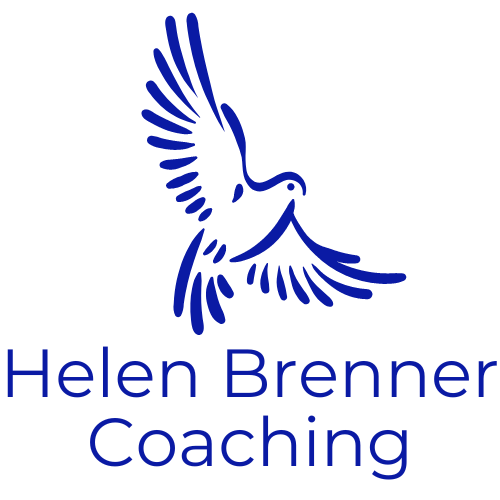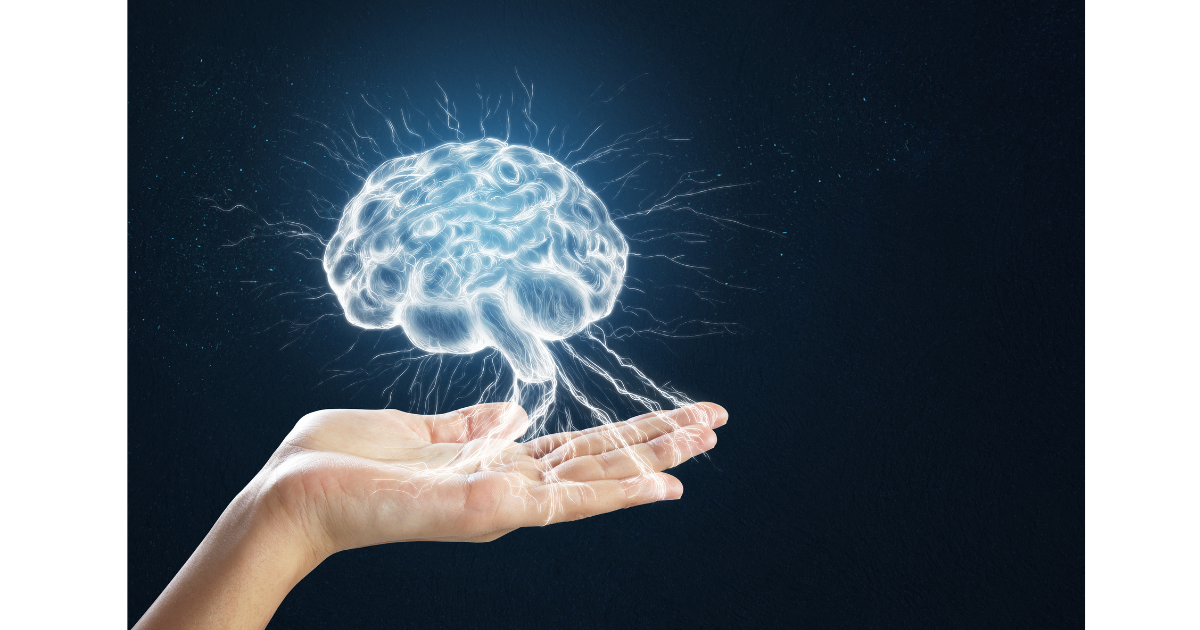
Getting Past Survivor
Because “surviving” was never meant to be the whole story
If you’ve ever felt stuck replaying the same patterns — overthinking, people-pleasing, shutting down, or trying to prove your worth — you already know survival mode doesn’t end just because the danger did.
It lingers in the brain, shaping how you think, feel, and show up in life.
This space is about understanding how your brain learned to survive, how to rewire it, and how to live freely, fully, and intentionally.
You may have survived something big or small — but survival isn’t the end of your story.
Getting Past Survivor is about moving beyond those automatic patterns — fight, flight, freeze, or fawn — and into a life led by choice, not fear.
It’s the journey of letting go, retraining the mind, and becoming someone you can trust to treat yourself well.
If you sense there’s something beyond survival — even if you can’t name it yet — you’re right.
And you don’t have to do it alone.
💙 Helen
To read more about my story: The Reason for Getting Past Survivor
If you’d like to explore specific topics or themes — from self-trust to rewiring the brain
— visit the Getting Past Survivor Library.
It’s a listing of the blogs in my every growing collection, sorted into 6 healing pillars (w/ links):
💫 Self-Trust | 🌱 Self-Design | 🧠 Rewire Your Brain | 🤝 Relationships | 🎯 Tools & Sensory Awareness | 💬 Own Your Voice
Detaching from Attachment
Explore how attachment, as vital as food and oxygen, shapes our lives and emotions. From early unhealthy connections to the deep, mutual bond of true love, the journey of detaching from attachment can lead to profound healing and self-discovery. This reflection delves into the balance between honoring meaningful relationships and maintaining one's sense of self after loss.
A People Pleaser Reclaims Herself
For years, she carried the weight of others' expectations, always putting herself second. Raised in a home filled with guilt and shame, her need to please turned into perfectionism. But now, she’s letting go of those burdens and living for herself. Read her full story of transformation.
Remember to Forget / Forget to Remember
Have you ever considered how much control you have over your own memories? The concepts of “remembering to forget” and “forgetting to remember” reveal that we can actively choose how we deal with our past and present experiences.
The Power of “YET”
In facing challenges, the words we use shape our mindset. "YET language"—phrases like “so far,” “until now,” or “beyond this point”—shifts our focus from past limitations to future possibilities. Instead of seeing problems as permanent, "YET language" helps us view them as temporary obstacles with the potential for growth.
15 Things You Can Be Okay With While Healing from Trauma
Healing is a personal journey, and it’s okay to experience various feelings and needs along the way. This blog explores 15 aspects of the healing process and offers sensory-focused tips to help you connect more deeply with yourself. Embrace each part of your journey with compassion and remember, support is always here if you need it.
Move Beyond "I Don’t Know"
The phrase “I don’t know” can show up during simple choices, like picking what to have for lunch, and when we’re faced with major life decisions. It happens because we’re disconnected from our unconscious mind, where intuitive wisdom resides. By listening to sensory cues, we can move beyond indecision and gain clarity, and move into “I DO know!”
Easy Nervous System Reset
In today's busy world, stress is common and can lead to anxiety and other health problems. Purposeful breathing helps manage stress by balancing the autonomic nervous system. Learn how techniques like belly breathing and box breathing can promote relaxation and improve well-being.
Achieve Those Lingering Goals!
Uncover and overcome hidden blocks in your long-standing goals. Reflect deeply, identify obstacles, and develop strategies to finally achieve your dreams with structured journaling.
NLP Presuppositions
Discover how the NLP (neurolinguistic programming) presuppositions can deepen your understanding of yourself and others, enhance communication, and improve relationships.
You’ve Mastered Your Problems
Recognizing unconscious patterns developed from past experiences can greatly impact our daily lives. These ingrained behaviors often stem from childhood and can dictate our emotional and psychological responses as adults, sometimes in ways that no longer serve our current needs.











